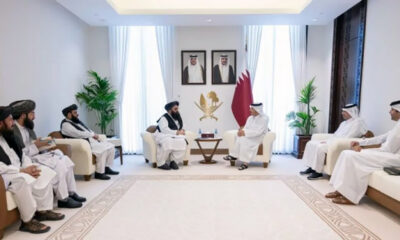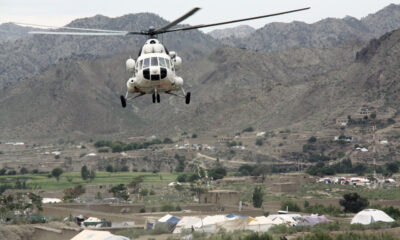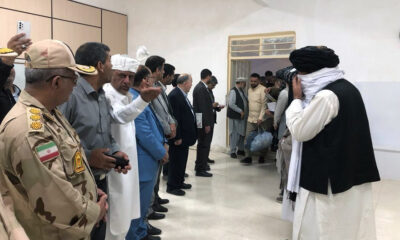Latest News
BRICS summit gets underway in Kazan, Russia
The two-day summit, which got underway on Tuesday will bring together presidents of Russia, China, India, Brazil, Egypt and Iran along with other leaders.
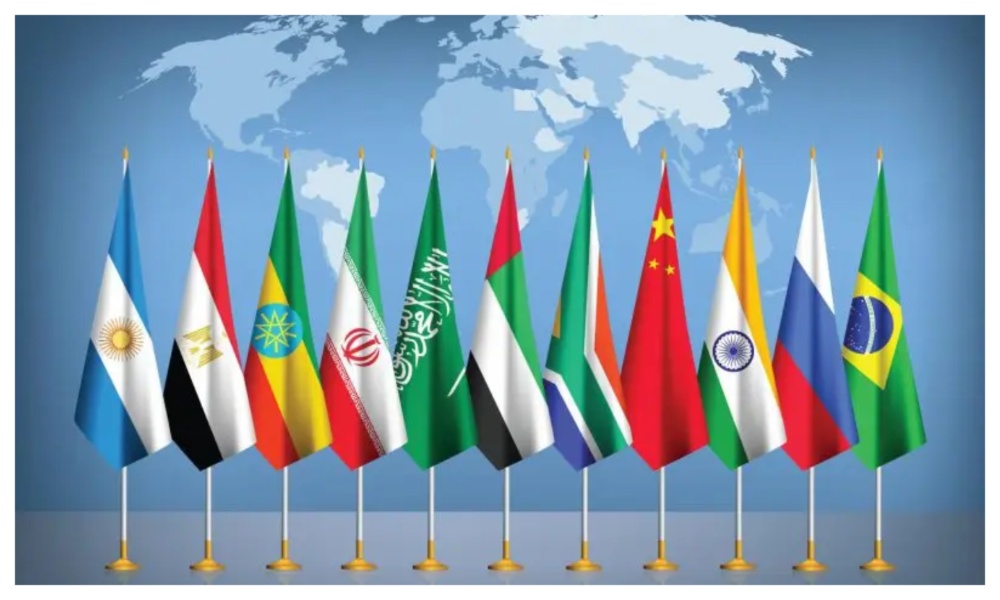
Despite the Islamic Emirate’s (IEA) request to attend this year’s BRICS summit in Kazan, in Russia, Afghanistan has not been invited to attend.
The two-day summit, which got underway on Tuesday will bring together presidents of Russia, China, India, Brazil, Egypt and Iran along with other leaders.
So far the IEA has not commented on its absence but in May this year, an Islamic Emirate spokesman confirmed they had asked to attend the next meeting.
He said at the time, Afghanistan had good economic relations and trade exchanges with BRICS countries and hoped to participate.
However, Zamir Kabulov, Russia’s special representative for Afghanistan affairs, said earlier this month that an invitation to the meeting would not only be dependent on Russia but also on the other member countries.
Although the caretaker government of Afghanistan has not yet been officially recognized by any country, it has good relations with the founding countries of BRICS, including China and Russia.
BRICS, which is an economic organization, was established in 2009 at the initiative of Russia. Brazil, Russia, India and China were its first members, while South Africa joined a year later.
More recently, Iran, United Arab Emirates, Egypt and Ethiopia also joined.
Latest News
Qatar’s Prime Minister meets with Afghanistan’s foreign minister
According to Gulf Times, the two officials reviewed the latest developments in Afghanistan and discussed ways to support the Afghan people.
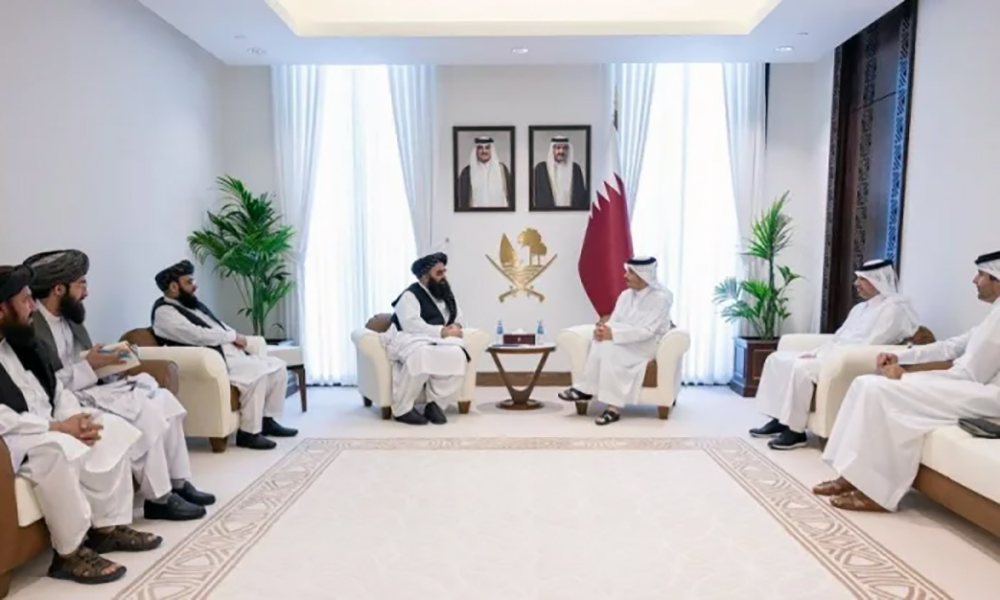
Qatar’s Prime Minister and Minister of Foreign Affairs Sheikh Mohammed bin Abdulrahman bin Jassim Al-Thani met with Afghanistan’s Acting Minister of Foreign Affairs Amir Khan Muttaqi who is currently visiting the country.
According to Gulf Times, the two officials reviewed the latest developments in Afghanistan and discussed ways to support the Afghan people.
Al-Thani emphasized the State of Qatar’s unwavering support for all segments of the Afghan people and its continued efforts to achieve security, stability, prosperity, and a dignified life in Afghanistan.
A source told Ariana News that Muttaqi arrived in Qatar on Sunday. No further details on his trip were given.
Latest News
WFP air services in Afghanistan may be suspended due to funding crisis
According to WFP, the organization urgently needs $10.5 million in funding to continue its relief flights in 2025.
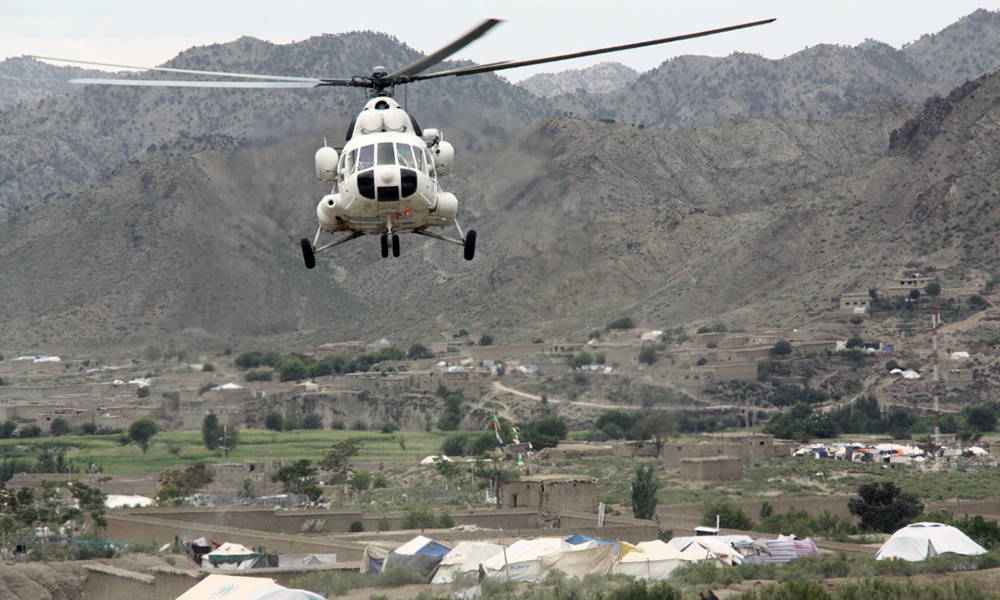
The UN’s World Food Program (WFP) in Afghanistan has announced the possible suspension of its air services in the country due to a severe shortage of funding.
WFP is one of the largest humanitarian organizations in Afghanistan and the air services have played a vital role in transporting humanitarian aid, especially to areas difficult to reach by land.
In a message posted on X, the WFP explained that in the past, when roads were blocked, air services were the only way to deliver aid to remote areas of Afghanistan. This aid included food, medicine, and other essential items that are essential for the survival of millions of people in need in Afghanistan.
According to WFP, the organization urgently needs $10.5 million in funding to continue its relief flights in 2025.
In addition, the WFP stated that humanitarian needs in Afghanistan continue to increase and millions of people across the country are dependent on humanitarian assistance.
WFP stated that if air services are stopped, it will become very difficult, if not impossible, to deliver vital aid to areas that are not accessible by road.
Latest News
Afghanistan and Iran swap prisoners at Milak border crossing
At the same time, two Iranians serving sentences in Afghan prisons were repatriated to Iran.
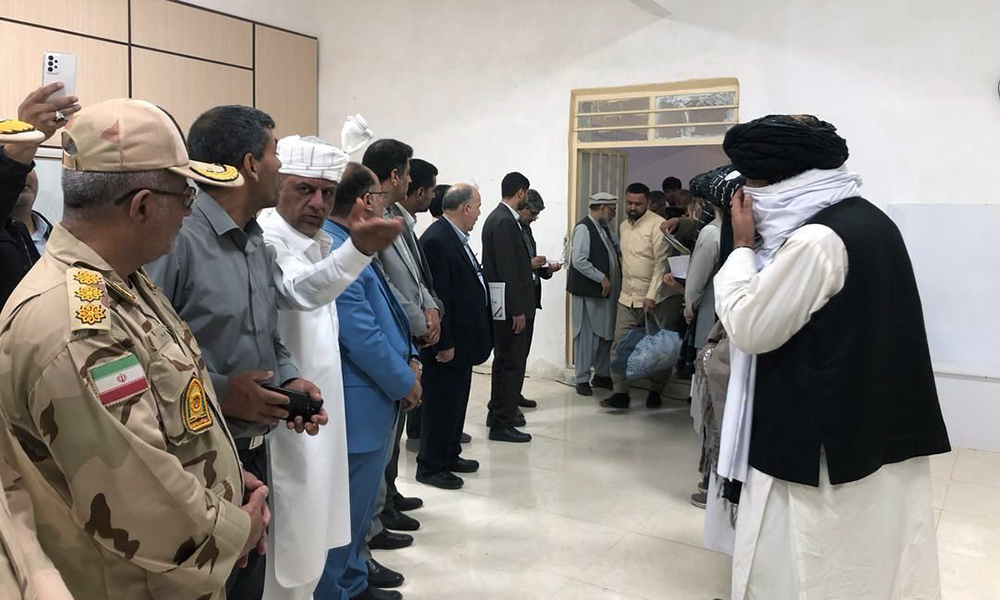
Afghanistan and Iran exchanged prisoners at the Milak border crossing in south-eastern Iran on Sunday, officials confirmed.
According to IRNA, almost 200 Afghan prisoners held in Iranian prisons in Tehran, Sistan and Baluchestan and Isfahan were handed over to Afghan authorities at the Milak border in Sistan and Baluchestan.
At the same time, two Iranians serving sentences in Afghan prisons were repatriated to Iran.
Iran’s Deputy Justice Minister for Human Rights and International Affairs, Askar Jalalian, said recently that more than 4,500 foreign nationals detained in Iran had been sent to their home countries.
-

 Sport5 days ago
Sport5 days agoSri Lanka A defeats Afghanistan A by 4 wickets in Abu Dhabi
-

 Latest News4 days ago
Latest News4 days agoAWCC activates new site in Nangarhar’s Kuz Kunar district
-

 Latest News4 days ago
Latest News4 days agoTarig Ali Bakheet and Japan’s Deputy Foreign Minister discuss Afghanistan’s situation
-

 Business4 days ago
Business4 days agoPakistan’s deputy PM discusses Trans-Afghan Railway Line project with Uzbek FM
-
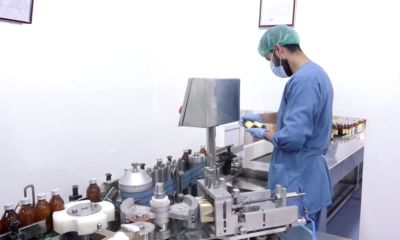
 Latest News3 days ago
Latest News3 days agoAfghanistan’s medicine output reaches 900 types: Pharma Union
-

 Latest News4 days ago
Latest News4 days agoAfghan delegation to participate in Iran’s international expo
-

 Latest News4 days ago
Latest News4 days agoWFP appeals for $25 million to help support Afghan returnees amid humanitarian crisis
-
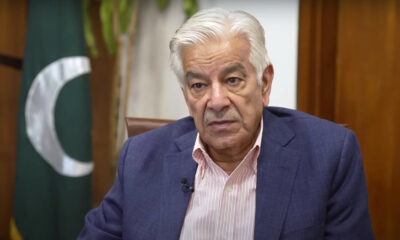
 Latest News3 days ago
Latest News3 days agoTerrorist attacks in Pakistan originate from Afghanistan: Khawaja Asif




